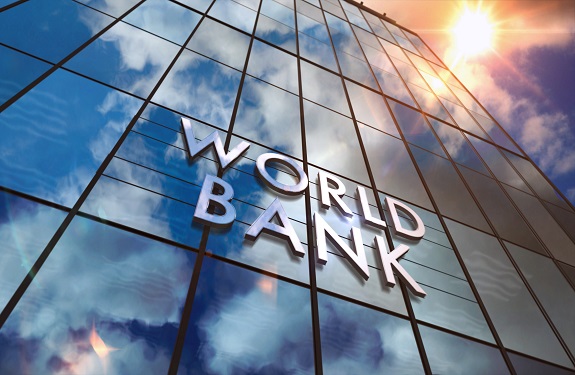The World Bank has attributed the declining foreign investment to the country and fuel inflation to inconsistencies in the exchange rate management and policies by the Central Bank of Nigeria (CBN).
In the November 2021 edition of its Nigeria Development Update tagged “Time for Business Unusual,” the Bretton Woods institution said the whole of Nigeria’s debt burden remains manageable for the time being.
It, however, said maintaining sustainable debt dynamics will require curbing the use of CBN financing for the deficit and addressing fiscal pressures to break the cycle of low growth and rising public debt.
The World Bank also listed primary macroeconomic challenges disturbing growth to include issues around the predictability and credibility of exchange-rate management, as well as an insufficient supply of foreign exchange (FX).
“The government’s exchange rate management policies continue to discourage investment and fuel inflation. Exchange rate stability is a key CBN policy objective, and to preserve its external reserves the CBN continues to manage FX demand and limit the supply of FX to the market,” part of the report read.
The report observed that the CBN’s exchange rate cannot handle external shocks to the economy, as exchange-rate management emerges as one of the key drivers of inflation.
“Pressure on the naira (₦) remains intense, while the CBN has raised the nominal official exchange rate three times since the start of the pandemic (by 15% in March 2020, 5 per cent in August 2020, and 7% in May 2021), FX management remains too rigid to respond to external shocks. Meanwhile, exchange-rate management has emerged as one of the key drivers of inflation,” it added .









